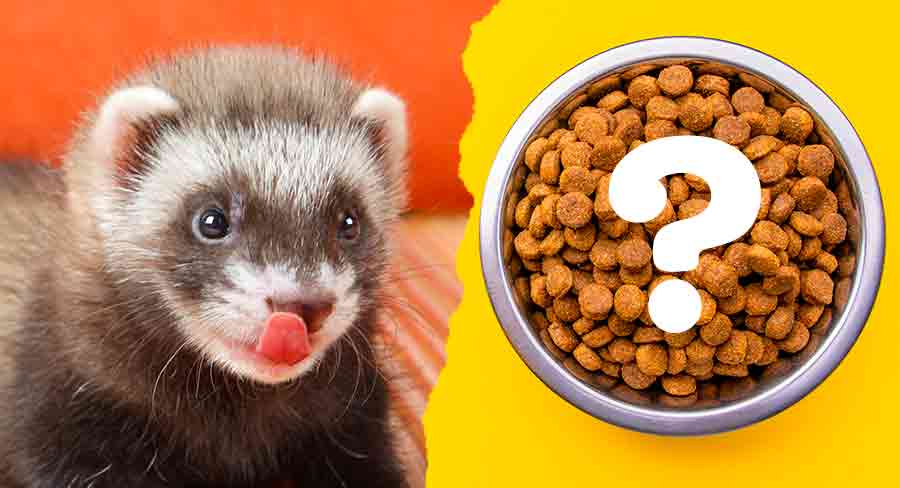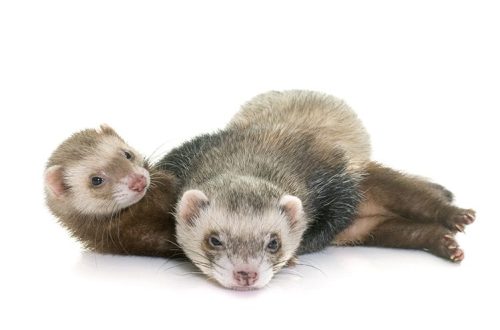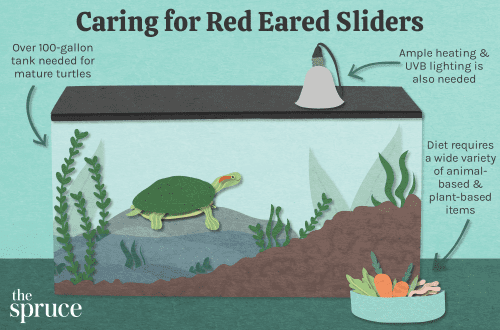
What to feed ferrets?
Ferrets are amazing animals with an inexhaustible charge of energy, which, due to their mobility and even elusiveness, are often jokingly called fluffy snakes. Of course, the high activity and cheerfulness of ferrets is based on good health and good health. And, as we know, the guarantee of health is proper, high-quality nutrition, and today we will talk about what components a ferret needs and in what ratio.
So what is the right diet for a ferret? First of all, it must satisfy the daily need of the animal for nutrients – no more and no less. Ferrets are real carnivores, and the basis of their diet is high-calorie animal food, which contains 40% protein, 22% or more fat and about 2% plant fibers. In nature, these are chicks and bird eggs, small rodents, fish, rather large insects. But ferrets do not eat greens, fruits and vegetables in their natural habitat at all, however, a small part of plant food is useful for ferrets, and it enters their body from the stomach of eaten prey.
The digestive system of ferrets works very quickly, so they should be fed only easily digestible foods.
To build a balanced diet, you need to remember what ferrets eat in their natural environment, because this is the most optimal food for them. However, not everyone has the opportunity (and even the desire) to feed ferrets with rodents and insects, and therefore (and also following moral and ethical standards), the modern pet industry offers alternatives that can replace good nutrition in the natural environment. Let’s talk about the presence of what elements in it is necessary.
Ferret food should be high in protein and fat and low in carbohydrates. The daily calorie requirement for ferrets is 200-300 kcal/kg of animal weight. Of course, we are talking about “standard” ferrets, if the animal is sick, expecting offspring or is lactating, the daily calorie requirement changes (in the case of feeding, for example, it increases 10 times).
As for protein, the recommended daily allowance from the dry weight of the feed is from 32 to 40%. As with calories, the need for digestible protein during pregnancy, lactation, and growth increases significantly. It is important to understand that vegetable protein is practically not absorbed by the body of a ferret (studies show that its excess even leads to urolithiasis), ferrets are only suitable for highly digestible protein, which is rich, for example, in the meat of fish and birds.
Fats are essential for ferrets as they are the main source of energy and also a source of essential fatty acids. Highly digestible fats should make up 20 to 30% of a ferret’s diet. If there is not enough fat in the diet, the animal will begin to fade and fall out of hair, and body weight will decrease. At the same time, if there is too much fat, there will be a risk of developing panniculitis.
According to some experts, ferrets also need a high content of taurine, other experts deny its importance. Be that as it may, the development of cardiovascular diseases is often associated with a lack of taurine in the body, so this amino acid is still food for thought.
Ferrets have practically no need for plant foods. In nature, ferrets receive no more than 2% plant food, and there is no need to increase this percentage in a home environment. The body of a ferret does not absorb carbohydrates well, and studies have shown that an excess of plant foods (in fact, carbohydrates) provokes the development of a cancerous tumor of the pancreas. However, a small amount of carbohydrates helps the ferret’s body absorb fats better. Since in their natural habitat, ferrets still receive a certain percentage of plant food, it is better to include it in the diet even at home, while the most important thing is not to overdo it.
The optimal sources of carbohydrates for a ferret at home are wheat and rice. The proportion of fiber should also be no more than 2%, its excess will cause disruption of the digestive system.
Do not forget that a balanced diet is the key to the health of your pet. Since it is almost impossible to achieve an ideal balance of components with a natural type of feeding, it is best to purchase high-quality ready-made feeds for pets, the composition of which is carefully balanced for the needs of a particular type of animal. Thus, you do not have to buy additional vitamins and mineral supplements: the ferret will receive everything it needs from the feed.
Consult with experts, feel free to ask questions and take care of your pets so that they are healthy, beautiful and cheerful!





